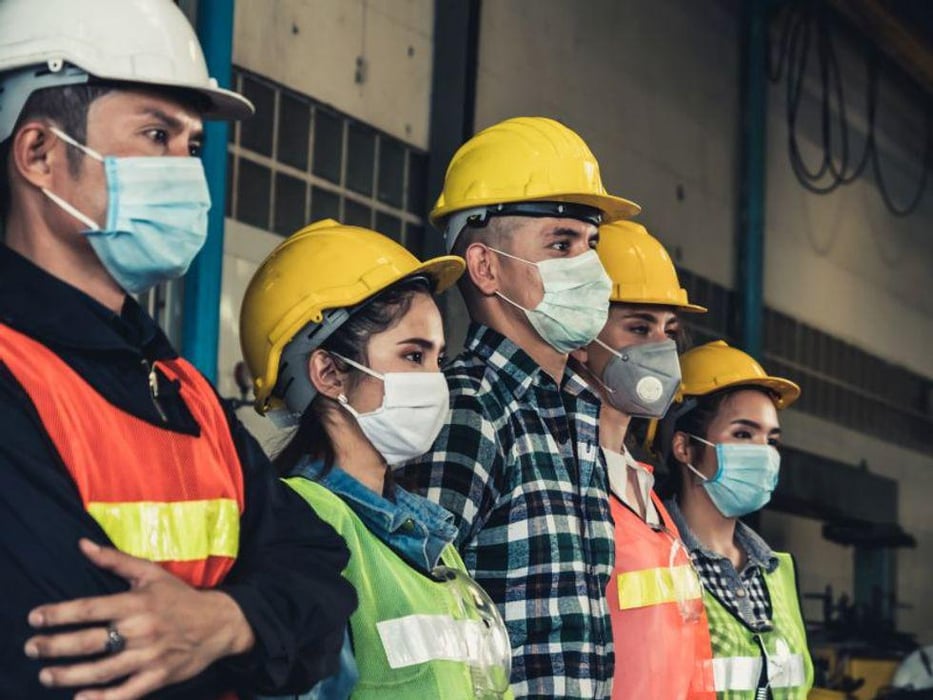Few U.S. Workers Know About COVID Sick Leave Protections

TUESDAY, Sept. 7, 2021 (HealthDay News) -- While the United States is one of the only developed nations without universal sick leave, workers with COVID-19 can take paid emergency leave -- at least for now.
Problem is: Fewer than half of U.S. workers know it's available, according to a new study. And, the researchers add, cases of sick employees who couldn't take time off have tripled during the pandemic.
"When the government does not ensure that people have access to paid sick leave, people go to work sick," said study author Nicolas Ziebarth, an associate professor at Cornell University's Jeb E. Brooks School of Public Policy. "And when you have a virus going on – it could be the flu or coronavirus, it doesn't really matter -- then the sick people at work infect coworkers who go on to infect other people."
In March 2020, the U.S. government introduced the Families First Coronavirus Response Act (FFCRA) to provide federally funded emergency paid sick leave due to COVID-19.
The researchers analyzed data from a nationwide survey conducted between October and December of last year and found that about 8 million U.S. workers took advantage of paid leave in the policy's first six to eight months.
The study found that part-time and foreign-born workers were most likely to be unaware of the program. Awareness of the COVID sick leave was especially low among service and hospitality workers.
Women had a 69% higher risk of unmet sick leave needs than men, which suggests that universal paid leave can improve gender equity, according to Ziebarth.
"One reason the unmet needs for women is so much higher is that they are overrepresented in the hospitality and service industries," Ziebarth said in a university news release. "Another is that women tend to have a higher burden of work. They are still more likely to be the primary caregiver for children and have to balance paid work, chores and child care."
Providing paid sick leave has broader benefits for society, he added. If an infection spreads to kids in the household and they go to school sick because adults can't afford to stay home with them, disease spreads quickly.
"The point is that you have more virus infections in the population, which is bad for population health," Ziebarth said.
His team's findings were recently published in the journal Proceedings of the National Academy of Sciences.
A previous study by Ziebarth found that FFCRA prevented 15,000 new infections a day in March and April 2020. The policy, which was set to expire in March 2021, was extended through the end of September.
More information
To learn more about the Families First Coronavirus Response Act, go to the U.S. Department of Labor.
SOURCE: Cornell University, news release, Aug. 30, 2021
Related Posts
ACP Issues Two Guidelines for Acute Left-Sided Colonic Diverticulitis
TUESDAY, Jan. 18, 2022 (HealthDay News) -- Two sets of guidelines have been...
COVAX Cuts Global COVID-19 Vaccine Supply Estimates by a Quarter
MONDAY, Sept. 13, 2021 (HealthDay News) -- Fewer COVID-19 vaccine doses than...
AHA News: 5 Ways to Support, Relieve and Remember Moms on Mother’s Day
TUESDAY, May 3, 2022 (American Heart Association News) -- Moms deserve a...
AHA News: As Winter Approaches, Seasonal Depression May Set in for Millions
WEDNESDAY, Nov. 30, 2022 (American Heart Association News) -- Winter's coming....
